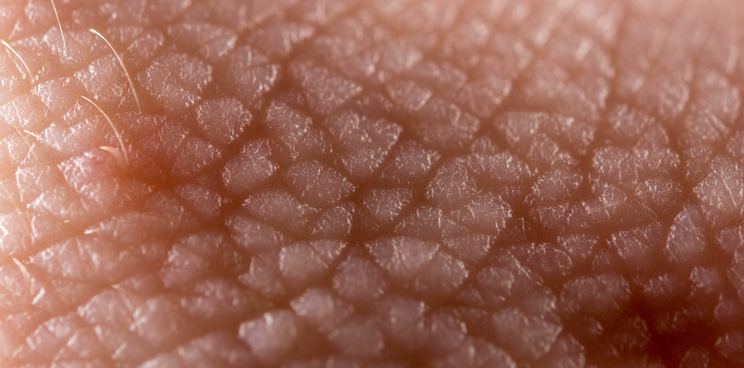Newsletter Signup - Under Article / In Page
"*" indicates required fields
A new class of drug developed by the Swedish biotech company Affibody has proved better at treating symptoms of psoriasis than a placebo in a phase II trial, leading the company to develop the candidate for other conditions such as uveitis and psoriatic arthritis.
The phase II study enlisted 108 patients with psoriasis, a chronic inflammatory skin disease with no cure. The aim was to gauge whether subcutaneous injections of Affibody’s drug candidate were able to improve symptoms such as redness, itchiness, and scaling of the skin.
Affibody hasn’t yet revealed the full results for all dose groups, but it gave details about the group of patients that received the second-highest dose of the drug. Of the 17 patients in this group, 15 (88%) had a 90% improvement in their symptoms after 12 weeks of treatment, and this was better than the placebo group. Furthermore, 10 of the 17 patients (59%) accomplished total or near total disease remission.
According to the World Health Organization, psoriasis impacts up to 5% of people in developed countries. While there are psoriasis drugs in the market such as Humira and Cosentyx, these antibody drugs aren’t well suited to subcutaneous injections because they can’t penetrate subcutaneous tissue well.
Affibody’s psoriasis candidate is a protein drug that blocks the inflammatory protein interleukin-17A, the same target as Cosentyx. It’s designed to mimic the strong binding properties of antibody drugs, but can penetrate more into the tissue because it’s a fraction of the size of an antibody. This means that it could be more suitable for subcutaneous injections than current drugs.
Affibody CEO David Bejker told me that psoriasis is a great malaise to develop a treatment for “as it requires a very high bar on both efficacy and safety to demonstrate that your drug is competitive.”
The success of Affibody’s psoriasis drug in this trial means its clinical development program has been expanded. The same drug candidate is now being developed to treat the eye inflammation condition uveitis, along with psoriatic arthritis and axial spondyloarthritis — inflammatory arthritis that dogs the spine, causing pain in the buttocks, hips and lower back. The drug is also being developed for the treatment of psoriasis in parts of Asia by Inmagene Biopharmaceuticals following a deal worth over €200M struck in May.
Affibody’s phase II success is likely a welcome moment for the company after its US partner Alexion announced the termination of their €580M collaboration on an autoimmune disease drug in February this year. The reason for the termination wasn’t clear at the time, however, Bejker recently revealed that the drug had unspecified problems with drug tolerability in a phase I trial, which could make it hard to compete with other drugs in development such as argenx’s phase III-stage drug efgartigimod.
Image from Shutterstock






